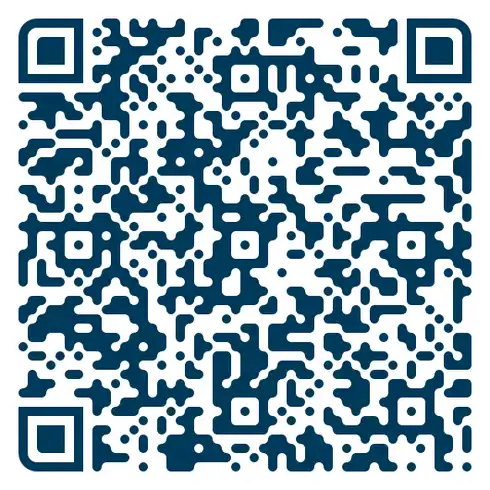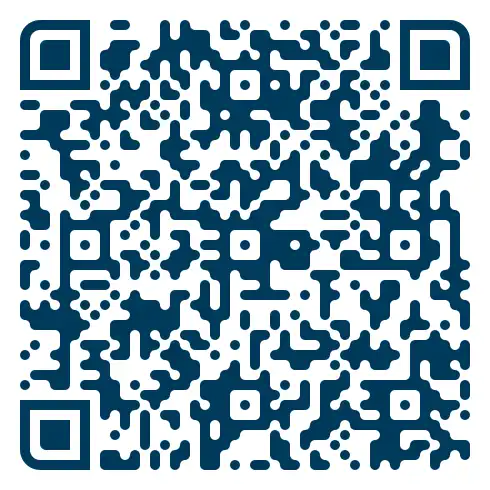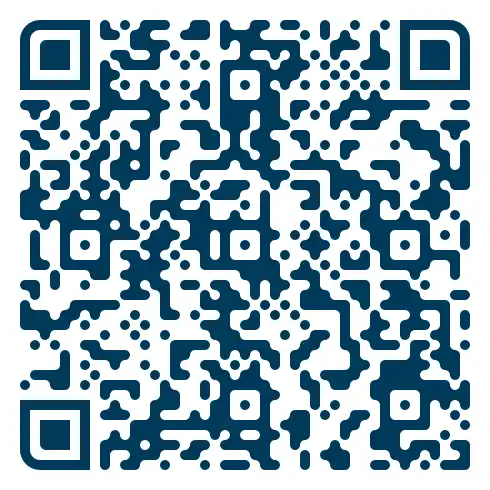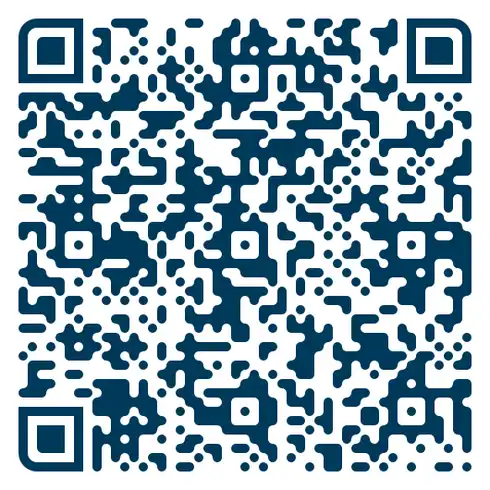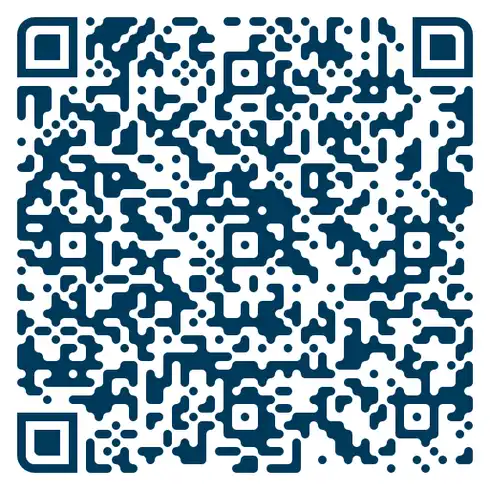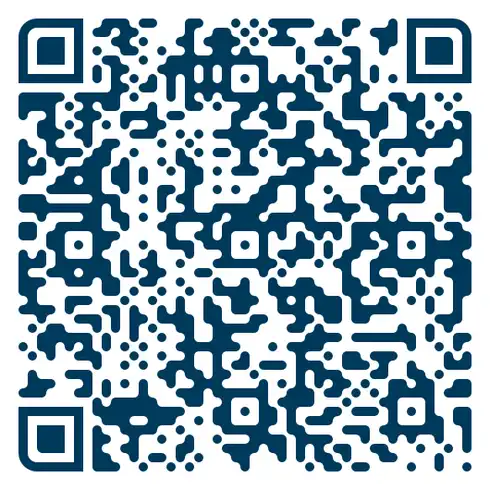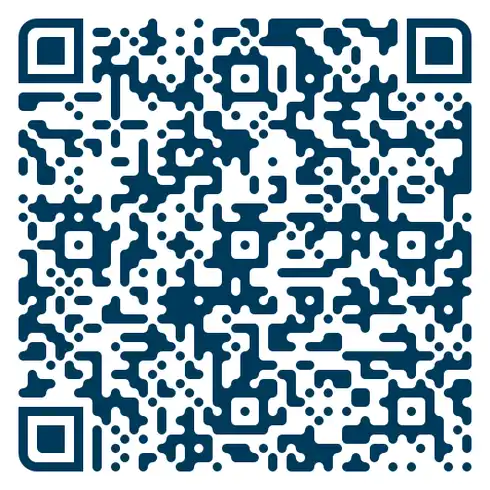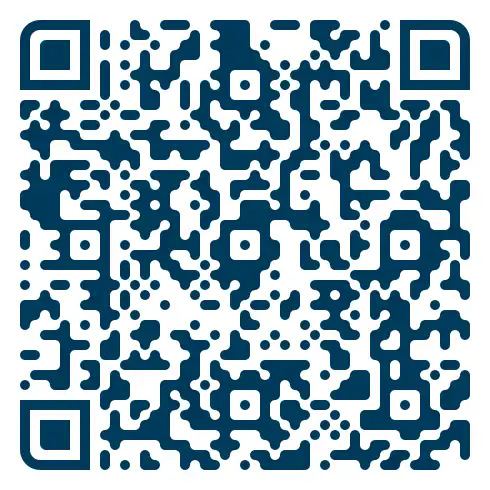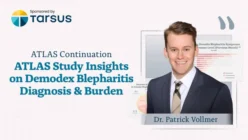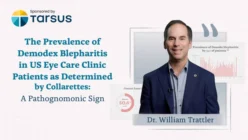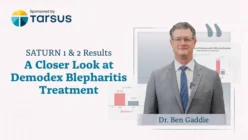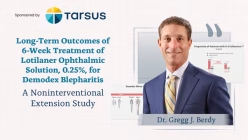
Tarsus Medical Affairs
Our Medical Affairs team is a peer-based resource for our healthcare providers. We are committed to advancing science and medicine through awareness, education, and research.
Our Medical Science Liaisons (MSLs) are field-based scientific and medical peers, empowered to serve our healthcare providers.
MSL Access — find a scientifically trained Tarsus field medical professional near you.
MEDICAL AFFAIRS TEAM
Find your MSL using the map
NATIONAL DIRECTOR

Michael Breen, OD
15440 Laguna Canyon Road
Suite 150
Irvine, CA 92618
MEDICAL AFFAIRS TEAM
Find your MSL using the map
New York Metro
MEDICAL AFFAIRS TEAM
Find your MSL using the map
SOUTHWEST
MEDICAL AFFAIRS TEAM
Find your MSL using the map
NORTHWEST
MEDICAL AFFAIRS TEAM
Find your MSL using the map
MIDWEST
MEDICAL AFFAIRS TEAM
Find your MSL using the map
NORTH CENTRAL
MEDICAL AFFAIRS TEAM
Find your MSL using the map
NEW ENGLAND
MEDICAL AFFAIRS TEAM
Find your MSL using the map
PA-NJ
MEDICAL AFFAIRS TEAM
Find your MSL using the map
MOUNTAIN WEST
Tarsus is dedicated to advancing eye care by supporting research with high scientific integrity, aiming to improve disease treatment, patient outcomes, and the quality of healthcare.
Qualified investigators can submit an unsolicited proposal for a research grant or medical writing grant that is aligned with the following scientific areas of interest:
- Demodex blepharitis: prevalence and clinical manifestations with meibomian gland disease
- Demodex and ocular rosacea
- Ocular rosacea
The Tarsus Research Grant program is committed to supporting studies sponsored and conducted by qualified third-party investigators or institutions that advance medical and scientific knowledge to healthcare professionals and promote excellence in patient care. These studies are generally exploratory in nature, often involving smaller sample sizes, chart reviews, or case studies in which statistical conclusions typically cannot be drawn, and offer valuable insights. This includes observational studies, such as epidemiology studies and certain outcomes research studies where the primary focus is the scientific understanding of disease, as well as other types of independent research on disease states.
Note that Tarsus is currently not accepting grant requests for investigator-initiated trials (IIT).
Requests for Research Grants must meet the following criteria:
- Requests must be unsolicited
- All research plans and protocols must be developed by the outside researcher or institution, without influence from Tarsus
- Please note that review times will vary due to the length and complexity of submissions, please allow 6 to 8 weeks for review
- Research Grant studies are designed and managed by an investigator. This individual assumes responsibility for the duration of their study and managing and conducting the research
- The proposal should include a study synopsis, study objective(s), projected study timeline, and the amount of financial support requested in an itemized budget sheet
- The Research Grant process consists of the following steps:
- Determine eligibility
- Create account and login to online grants portal
- Submit grant application
- Tarsus Grant Committee reviews
- Committee decision conveyed
- If granted, contracting, milestone updates, etc
To submit your application for a Research Grant, please enter the portal using the button on the right.
For more information or for any questions about our research grant program, please email our Grants Department.
If you are an investigator and would like to submit for a Research Grant, you can access the application by clicking here:
Grant Application PortalThis Tarsus Funding & Support Program webpage is for informational purposes and is not a solicitation for grant applications. All requests must be substantively reviewed based on the merits and in accordance with Tarsus's policies and procedures, which may be subject to change. There is no guarantee that funding or support will be provided. Any awarded funding or support will be subject to the terms of the applicable agreement with Tarsus.
Tarsus provides Medical Writing Grants to independent medical writing vendors to support the publication of independent third-party research, including case studies, case series, primary manuscripts, and review articles. All grant requests must be independent and unsolicited.
- Please allow 4 to 6 weeks for review
- The author, with the support of the medical writing vendor, is responsible for developing and managing the publication’s content
- While the grant requestor applies for the medical writing grant, approved funds will be paid directly to the independent medical writing vendor selected by the author or Tarsus.
- Grant amounts are reportable as transfers of value for federal and state transparency reporting
- Authors shall comply with the criteria of the International Committee of Medical Journal Editors (ICMJE) “Recommendations for the Conduct, Reporting, Editing and Publication of Scholarly Work in Medical Journals”
- The Medical Writing Grant process consists of the following steps:
- Determine eligibility
- Create account and login to online grants portal
- Submit grant application
- Tarsus Grant Committee reviews
- Committee decision conveyed
- If granted, contracting, milestone updates, etc
To submit your application for a Medical Writing Grant, please enter the portal using the button on the right.
For more information or for any questions about our Medical Writing Grant program, please email our Grants Department.
If you are an investigator and would like to submit for a Medical Writing Grant, you can access the application by clicking here:
Grant Application PortalThis Tarsus Funding & Support Program webpage is for informational purposes and is not a solicitation for grant applications. All requests must be substantively reviewed based on the merits and in accordance with Tarsus's policies and procedures, which may be subject to change. There is no guarantee that funding or support will be provided. Any awarded funding or support will be subject to the terms of the applicable agreement with Tarsus.
Independent Medical Education Grants
- Tarsus recognizes the importance of independent medical education and provides financial support for accredited and nonaccredited professional education for healthcare providers
- It is important to note that Tarsus cannot provide any advice or guidance on any aspect of the program, including but not limited to the following:
- Program content
- Speaker/faculty selection
- Venue selection
- Methods that ensure educational effectiveness
- Methods that ensure the meeting of compliance and regulatory requirements
- Submission for accredited continuing education (CE) programs
- Tarsus is currently seeking to support independent medical education programs that focus on Demodex blepharitis (DB), including diagnosis, clinical consequences, comorbidities of DB, and treatment landscape
- Grant requests must be submitted at least 45 to 60 days prior to the activity start date
- The following types of organizations are eligible to submit requests for Medical Education grant funding:
- Medical or professional associations
- Patient associations or advocacy groups
- Medical education providers
- Universities or colleges
- Hospitals or clinics
- Types of programs/requests that cannot be supported by an educational grant:
- Grant requests from individual physicians or groups of physicians in private practice
- Support for entertainment or recreational activities
- Registration fees or travel to educational meetings
- Ordinary operating expenses
- Grant requests for both accredited and non-accredited medical education are considered; however, a preference will be given to accredited educational activities
- The Independent Medical Education (IME) grant process consists of the following steps:
- Determine eligibility
- Create account and login to online grants portal
- Submit grant application
- Tarsus Grant Committee reviews
- Committee decision conveyed
- If granted, contracting, milestone updates, etc
Medical Sponsorships
- Tarsus is dedicated to furthering the goals of independent professional, educational, and patient-focused organizations. Tarsus may provide support to these types of organizations in the form of medical sponsorships, for which Tarsus receives a direct and tangible benefit in exchange for the support provided
- Sponsorship requests must be submitted at least 45 to 60 days prior to the activity start date
- The following types of organizations are eligible to submit requests for Medical Sponsorship:
- Medical or professional associations
- Patient associations or advocacy groups
- Universities or colleges
- Congresses
- Types of programs/requests that cannot be supported with a Sponsorship:
- Sponsorship proposals from individual physicians or groups of physicians in private practice
- Requests that create a conflict of interest for Tarsus
- Support for entertainment or recreational activities
- Registration fees or travel of attendees
- Ordinary operating expenses
- To be considered for review, the proposal must include a description of the direct and tangible benefits for Tarsus in exchange for the support provided
- The Medical Sponsorship process consists of the following steps:
- Eligibility
- Create account and login to online grants portal
- Sponsorship submission
- Tarsus Grant Committee reviews
- Post decision (contracting and payment)
To submit your application for an independent medical education grant or a medical sponsorship, please enter the portal using the button on the right.
For more information or for any questions about our medical education program, please email our Grants Department.
If you represent an independent organization and would like to apply for an Independent Medical Education Grant or Medical Sponsorship, you can access the application by clicking here:
Independent Medical Education Grants and Medical Sponsorships PortalThis Tarsus Funding & Support Program webpage is for informational purposes and is not a solicitation for grant applications. All requests must be substantively reviewed based on the merits and in accordance with Tarsus's policies and procedures, which may be subject to change. There is no guarantee that funding or support will be provided. Any awarded funding or support will be subject to the terms of the applicable agreement with Tarsus.
Tarsus pursues a comprehensive clinical trial program to advance research and development about our products. Learn how to get involved in Tarsus clinical trials by completing the form to contact the Tarsus clinical team.
1. If you are a researcher or an independent institution and would like to participate in a Tarsus Clinical Trial, download and complete the form.
Download Clinical Trial Participation Form
Contact the Medical Affairs team
Tarsus is committed to providing high-quality and consistent medical information. We recognize the importance of having access to trusted, accurate, and balanced clinical and scientific information about our products.
Use this form to contact the Medical Affairs team with any questions you may have.
Publications
Journal of Cataract & Refractive Surgery
May 2025
Meibomian gland structure and function in patients with Demodex blepharitis
Abstract
Purpose: To compare structural and functional measures of meibomian gland dysfunction (MGD) in eyes with moderate to severe Demodex blepharitis (collarette grade 2-4) compared to those with collarette grade 0 (0-2 collarettes).
Patient Preference and Adherence
March 2025
Patient-reported burden of illness and unmet needs in Demodex blepharitis
Abstract
Purpose: This study assessed the clinical, humanistic, and economic burden of Demodex blepharitis from a patient perspective.
Optometry and Vision Science
March 2024
The impact of Demodex blepharitis on patient symptoms and daily life
Abstract
Purpose: This study aimed to evaluate the effect of Demodex blepharitis on patients' daily activities and well-being.
Eye & Contact Lens: Science and Clinical Practice
August 2023
Demodex blepharitis: a comprehensive review of the disease, current management, and emerging therapies
Abstract
Purpose: This article reviews what is known about the mechanisms and impact of Demodex blepharitis, risk factors, signs and symptoms, diagnostic techniques, current management options, and emerging treatments.
Eye (Lond)
March 2023
Clinical diagnosis and management of Demodex blepharitis: the Demodex Expert Panel on Treatment and Eyelid Health (DEPTH)
Abstract
Purpose: Twelve ocular surface disease experts convened to achieve consensus about Demodex blepharitis (DB) using a modified Delphi panel process.
Clinical Ophthalmology
September 2022
Psychosocial impact of Demodex blepharitis
Abstract
Purpose: To evaluate the impact of Demodex blepharitis on patients’ daily activities and quality of life.
Clinical Ophthalmology
April 2022
The prevalence of Demodex blepharitis in US eye care clinic patients as determined by collarettes: a pathognomonic sign
Abstract
Purpose: To evaluate the prevalence of Demodex blepharitis by its pathognomonic sign, collarettes, in patients presenting for any reason to eye care clinics in the United States.
Ophthalmology and Therapy
January 2025
Safety and efficacy of lotilaner ophthalmic solution (0.25%) in treating Demodex blepharitis: pooled analysis of two pivotal trials
Abstract
Purpose: This study aimed to report the safety and efficacy profile of lotilaner ophthalmic solution (0.25%) from a pooled analysis of two pivotal trials in patients with Demodex blepharitis.
JOURNAL OF OCULAR PHARMACOLOGY AND THERAPEUTICS
August 2024
Ocular and systemic pharmacokinetics of lotilaner ophthalmic solution, 0.25%, following a single dose or repeated doses in dutch-belted rabbits
Abstract
Purpose: To evaluate the ocular and systemic pharmacokinetics of lotilaner ophthalmic solution, 0.25%, following bilateral topical ocular administration of single and repeated doses in rabbits.
HEALTHCARE
July 2024
Lotilaner ophthalmic solution, 0.25%, for the treatment of Demodex blepharitis
Abstract
Purpose: Demodex blepharitis, a chronic lid margin disease, is caused by an infestation of Demodex mites, the most common ectoparasites in human skin and eyelids.
Cornea
February 2024
Long-term outcomes of 6-week treatment of lotilaner ophthalmic solution, 0.25%, for Demodex blepharitis: a noninterventional extension study
Abstract
Purpose: The aim of this study was to evaluate the long-term outcomes of lotilaner ophthalmic solution, 0.25%, in the treatment of Demodex blepharitis.
Drugs
October 2023
Lotilaner ophthalmic solution 0.25%: first approval
Abstract
Purpose: This article summarizes the milestones in the development of lotilaner ophthalmic solution 0.25% leading to this first approval for the treatment of Demodex blepharitis in the USA.
Ophthalmology
October 2023
Lotilaner ophthalmic solution 0.25% for Demodex blepharitis: randomized, vehicle-controlled, multicenter, phase 3 Trial (Saturn-2)
Abstract
Purpose: To evaluate the safety and efficacy of lotilaner ophthalmic solution 0.25% compared with vehicle for the treatment of Demodex blepharitis.
Cornea
April 2023
Lotilaner ophthalmic solution, 0.25%, for the treatment of Demodex blepharitis: results of a prospective, randomized, vehicle-controlled, double-masked, pivotal trial (Saturn-1)
Abstract
Purpose: The purpose of this study was to evaluate the safety and efficacy of lotilaner ophthalmic solution, 0.25%, compared with vehicle for the treatment of Demodex blepharitis.
CLINICAL OPHTHALMOLOGY
February 2023
Delphi panel consensus regarding current clinical practice management options for Demodex blepharitis
Abstract
Purpose: To obtain consensus on Demodex blepharitis (DB) treatment using a modified Delphi panel process.
Ocular Immunology and Inflammation
August 2022
Treatment of Demodex blepharitis: a prospective, randomized, controlled, double-masked clinical trial comparing topical lotilaner ophthalmic solution, 0.25% eyedrops to vehicle
Abstract
Purpose: To evaluate the efficacy and safety of lotilaner ophthalmic solution, 0.25% eyedrops compared to vehicle for the treatment of Demodex blepharitis.
Contact Lens & Anterior Eye
August 2022
Safety and efficacy of lotilaner ophthalmic solution, 0.25% for the treatment of blepharitis due to Demodex infestation: a randomized, controlled, double-masked clinical trial
Abstract
Purpose: To evaluate the safety and efficacy of lotilaner ophthalmic solution, 0.25% for the treatment of blepharitis due to Demodex infestation compared to vehicle control.
JOURNAL OF OCULAR PHARMACOLOGY AND THERAPEUTICS
October 2021
Collarette elimination and Demodex mite eradication with topical lotilaner ophthalmic solution, 0.25%
Abstract
Purpose: To evaluate the efficacy of topical lotilaner ophthalmic solution, 0.25%, in patients with Demodex blepharitis.
Journal of Ophthalmology
September 2021
Safety and efficacy of topical lotilaner ophthalmic solution 0.25% for the treatment of Demodex blepharitis: a pilot study
Abstract
Purpose: To evaluate safety and efficacy of topical lotilaner ophthalmic solution, 0.25% for the treatment of Demodex blepharitis.


